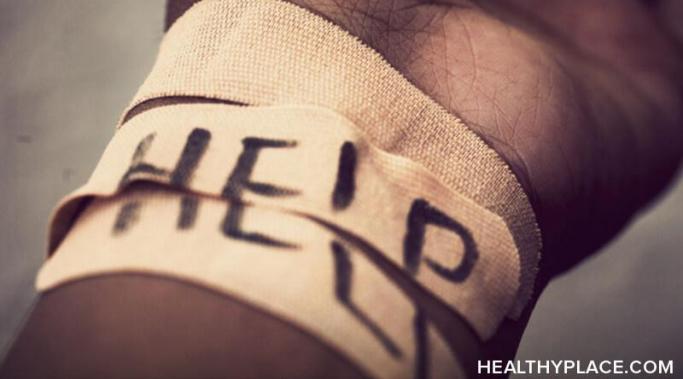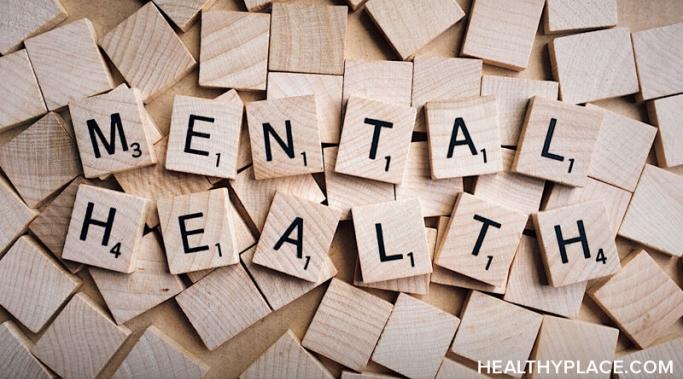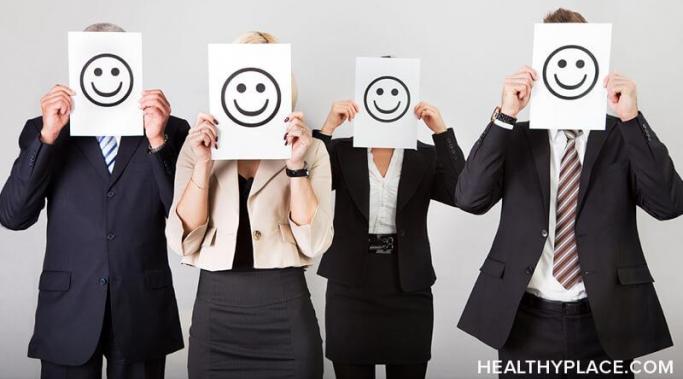Blogs
Yesterday evening, I physically and emotionally disconnected from myself for some time due to depression. I felt like I was watching my meat suit cry because she could no longer take being locked in at home with no physical escape. That's right; I was having a meltdown because of COVID-19's lockdown restrictions since March.
My schizoaffective anxiety spikes with the summer heat. But it’s spiking dramatically this summer, the summer of COVID-19. I dearly hope--with everyone else--that there will be a vaccine by next summer. For now, here’s how I’m coping, or, in some ways, not coping.
How can you tell if your self-harm is getting worse? Self-injury, like most mental health disorders, exists on a spectrum. Some people only ever engage in relatively minor acts of self-harm, while for others, the situation may become more serious. If you suspect your self-harm is getting worse, it is important to not only recognize that truth but also take steps now to keep yourself from sliding down a dangerous, slippery slope.
When you consider how sex addiction might impact a marriage, some might believe that the effects would be more positive than negative. However, after being married for a couple of years now and actively fighting through sex and pornography addiction, I can tell you that is not always the case.
An anxiety plan is something you can create on your own or with a therapist as a type of mental health treatment plan. Such a plan can be as simple as anxiety-reducing ideas jotted down in a dedicated notebook or as complex as a detailed record of medications and their successes, notes you take when visiting with your doctor and/or therapist, the anxiety symptoms you experience and the circumstances in which you notice them, and any other detail about your anxiety and treatment of it that you find helpful.
There are many stereotypes and assumptions about introverted and extroverted people. For instance, extroverts are stereotyped as social butterflies. Introverts, on the other hand, are stereotyped as hermits. However, the stereotypes and assumptions for introverts and extroverts are not true for everyone. These stereotypes and assumptions can also be harmful for mental health. Mental health issues affect introverts and extroverts in different ways. Continue reading this post to learn more.
In a recent post, I discussed the frustrations I’ve encountered dealing with people reacting to anxiety who, in my opinion, don’t do it in a way that’s helpful. I mentioned viewing anxiety as something scary and deviant isn’t the right way to do it, and that the reality of living with anxiety should be viewed with more nuance. I want to go a bit further into this in this post, suggesting that the reality of living with day-to-day anxiety is much more mundane.
If you have a history of eating disorder behaviors or mindsets, then you have most likely body checked yourself, or stood in front of a mirror and scrutinized your reflection with a severe and merciless eye. Chances are, you understand how it feels to wither beneath your own cruel gaze which repeatedly dissects the size, weight, shape, and curvature of a frame that will never be adequate to you. This ritual is known as compulsive body checking, and it can worsen your eating disorder tendencies. But if that toxic pattern sounds familiar, rest assured, it is possible to break yourself of a compulsive body checking habit.
The decision to disclose your bipolar at work is an important one. You may feel unsure of whether or not you should speak to your employer about your illness, or worried that you could face professional or personal repercussions for speaking up. There are risks to talking about bipolar at work, as well as potential benefits.
When you trust your decisions, your self-esteem will grow. People with poor self-esteem often second-guess themselves and defer to others' opinions. While it's true that there are people who know more than you do on almost every topic, there is one subject on which you are the world's leading expert, and that subject is you.









